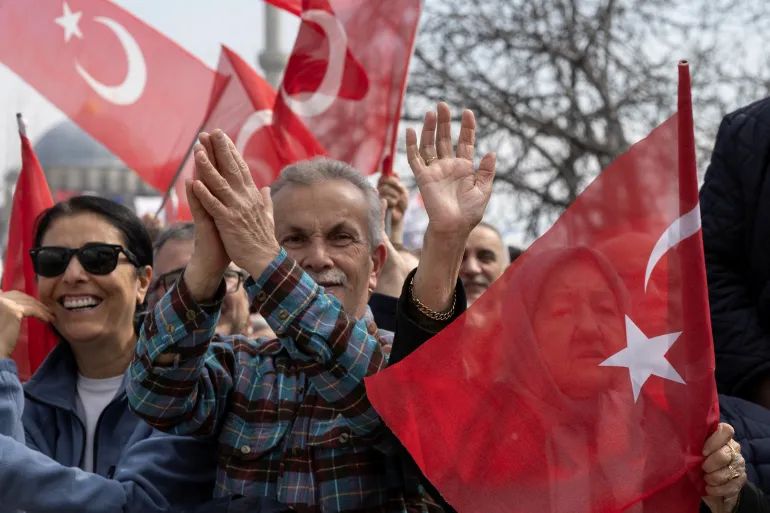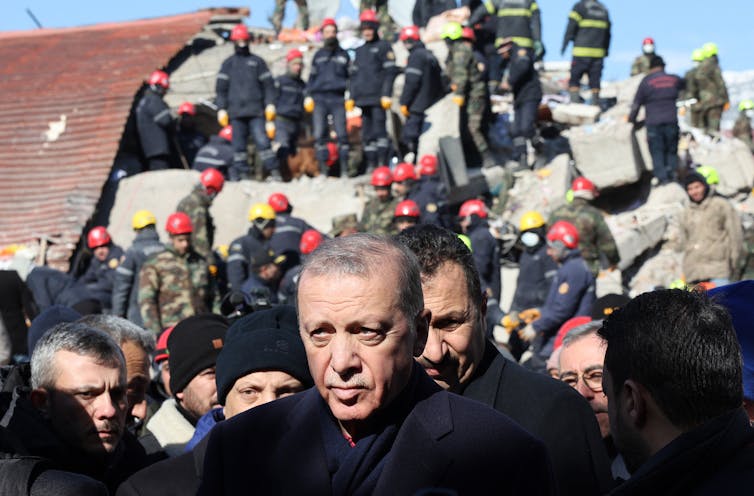“You won’t read a more important story today,” said one commentator. “Trump is willing to literally destroy the planet for $1 billion.”
By Jake Johnson. Published 5-9-2024 by Common Dreams

Presumptive Republican presidential nominee Donald Trump made a straightforward offer to some of the top fossil fuel executives in the United States during a dinner at his Mar-a-Lago club last month, which marked the hottest April on record.
According to new reporting, Trump pledged to swiftly gut climate regulations put in place by the Biden administration if the oil and gas industry raises $1 billion for his 2024 presidential campaign.
Continue reading





